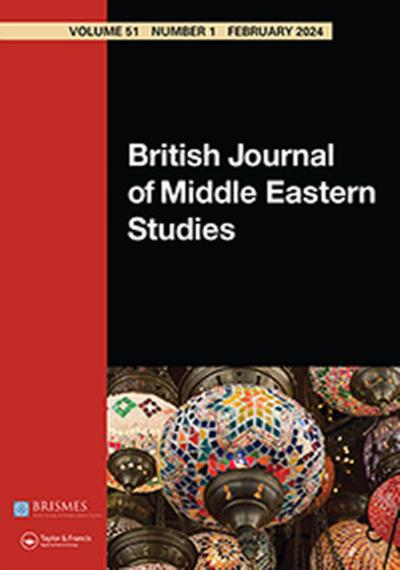The Case for a light footprint: The international project in Afghanistan
More than eight years after the US-led intervention in Afghanistan in October 2001, assessments of the international mission to neutralize the Taliban and reform the country’s social, economic and political institutions are almost universally grim. Until now, attempts to redress the situation have mostly meant more of the same - more international capital, consultants and troops, and tightened conditionality – rather than a recast of policy. Yet the lack of progress suggests the existence of fundamental constraints that a more intrusive international presence cannot overcome but probably worsens. There are also domestic constraints within the principal NATO countries and signs that a long-term military involvement in Afghanistan on the present scale is politically impossible. It is therefore time to revive a ‘light footprint’ strategy of the kind that UN envoy Lakhdar Brahimi advocated in 2001. Making the case requires addressing several questions:
- What are the likely risks, costs and benefits of transitioning to a more modest presence?
- Does the recent US-led ‘surge’ present a window of opportunity or an obstacle to change?
- What would be the main features of a lighter footprint, and can new direction escape the contradictions that constrain present policy?
- What are the political and institutional barriers to re-thinking policy in NATO and the international aid community?
http://www.soas.ac.uk/events/event55627.html





